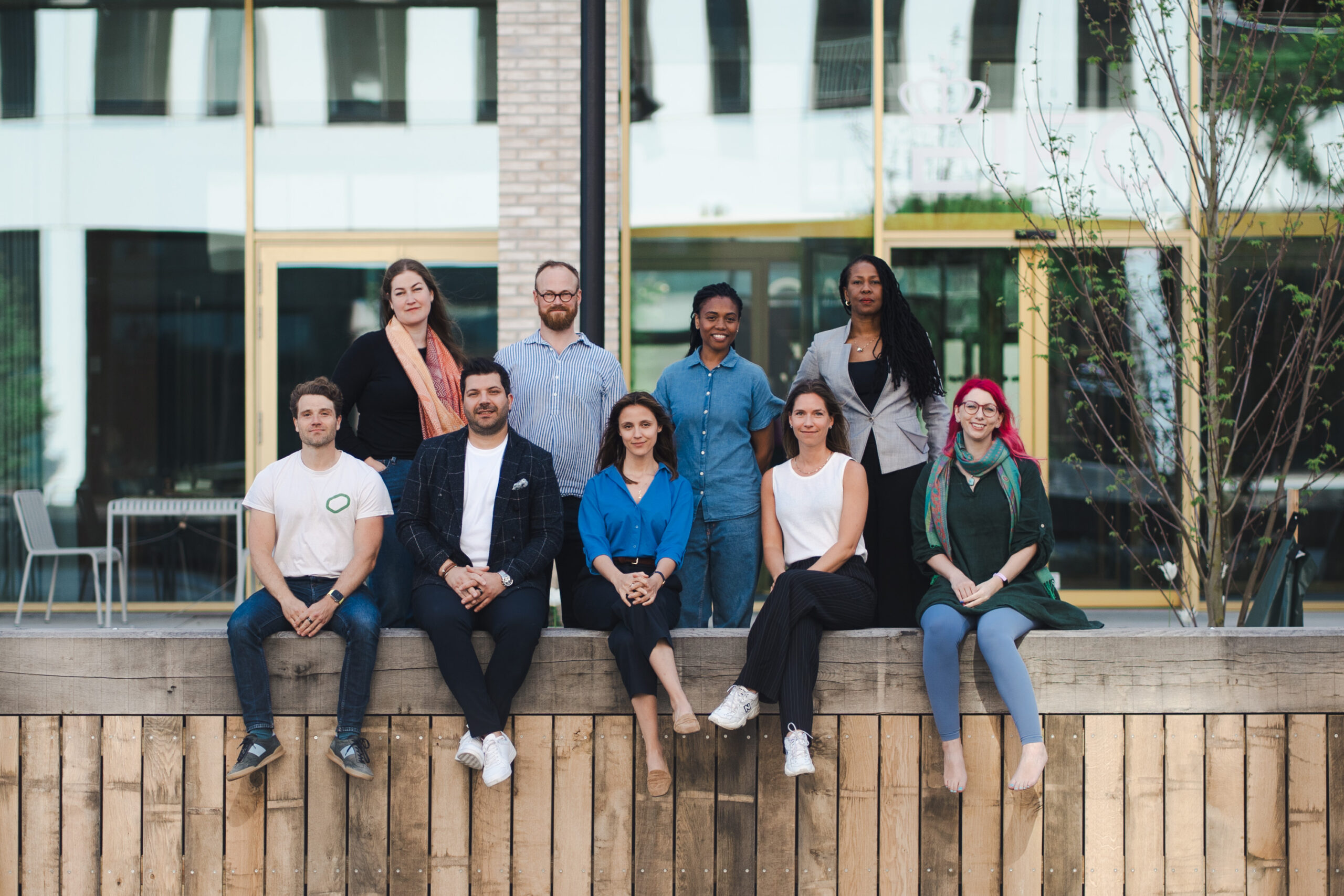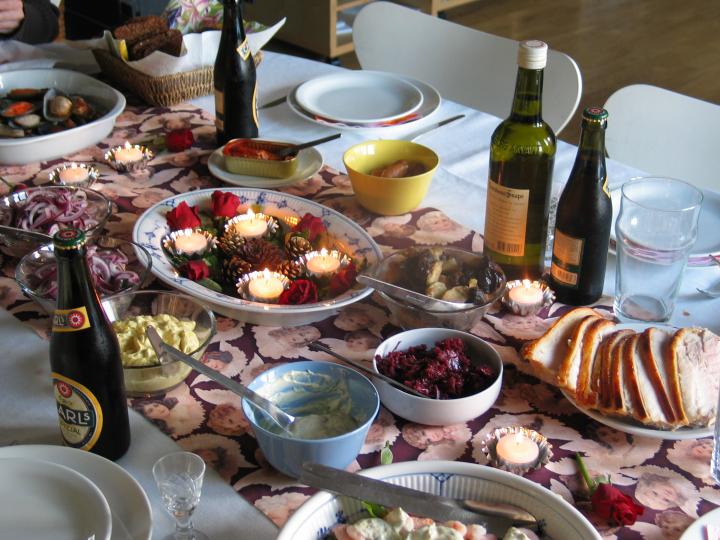As Folkemødet 2015 presses on, the telecom company TDC has released data gleaned from the analysis of traffic on its mobile network to provide a picture of where in Denmark the participants at the event come from.
Somewhat predictably, there is an overwhelming majority, some 73 percent, from the capital region and the rest of Zealand.
READ MORE: Has a Folkemødet ever been better timed or more incendiary?
Privileged data
Peter Trier Schleidt, an executive vice president at TDC, explained that the company used its privileged access to mobile phone data to carry out the study.
“A mobile mast registers all of the telephones that are connected to it, which gives us an enormous amount of data to work with,” he said.
“So we can, for example, by anonymously processing the data, map out Danes’ travel patterns.”
Other findings
While Folkemødet literally means the ‘people’s meeting’, it is often criticised for not being representative of the Danish population.
Given the prevalence of lobbyists and interest groups at the annual political event, it is unsurprising that 51 percent of the Folkemødet crowd use mobile phones paid for by an employer, which is much higher than the national average.
More than half of the phones in the use on the island are iPhones.










